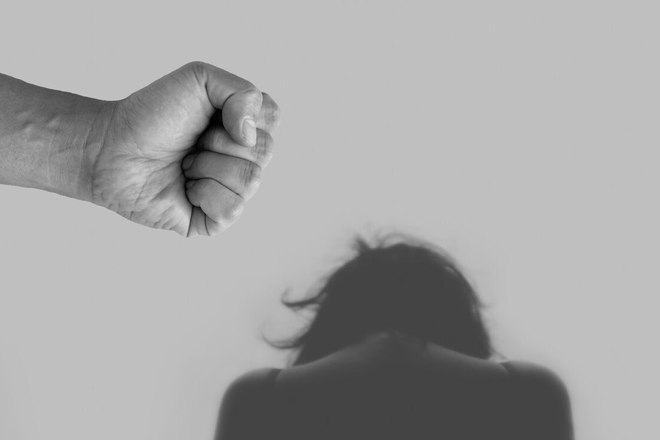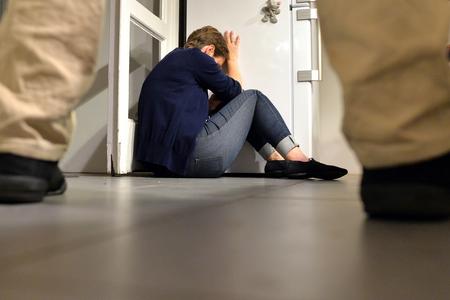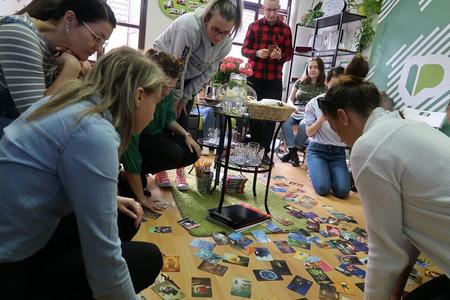Our paywall policy:
The Slovak Spectator has decided to leave all the articles about the coronavirus available for everyone. If you appreciate our work and would like to support good journalism, please buy our subscription. We believe this is an issue where accurate and fact-based information is important for people to cope.
Slovak women who are victims of domestic violence are seeking help less often following the coronavirus outbreak.
This results from the fact that victims contact the National Women’s Helpline, organisations, and friends when they feel relatively secure to do so. Nonetheless, precautions related to COVID-19 are restricting women’s safe space in their own households, especially if their husbands are abusers.
“I assume when the situation somewhat settles and partners or husbands return to work, the number of calls from domestically abused women will increase,” Barbora Burajová of the Coordination and Methodological Centre for the Prevention of Violence Against Women said, as quoted by the TASR newswire.
She added it is helpful if the victims decide to seek specialised counselling despite restrictions. In the case of an attack, women should immediately turn to the police.
Restricted admittance of victims
In today’s situation, women cannot count solely on accommodation facilities that admit abused women and their children as their operation is restricted.
“The admittance of new clients is restricted for capacity reasons but also due to precautions taken to prevent the disease from infecting the facilities,” Burajová noted.
Each case is evaluated individually, taking into consideration the threat level and availability of other solutions, she added.
Non-infectiousness confirmation
It is the accommodation provider who makes the final decision at the end of the day. Some may, however, ask for a non-infectiousness confirmation.
“This is because the facilities were not built in a way that would make it possible to quarantine clients and their children separately,” Burajová claimed, as quoted by TASR.
Despite a drop in women’s calls to the National Women’s Helpline, it has reported more calls from third persons, including neighbours and family members, in recent weeks.




